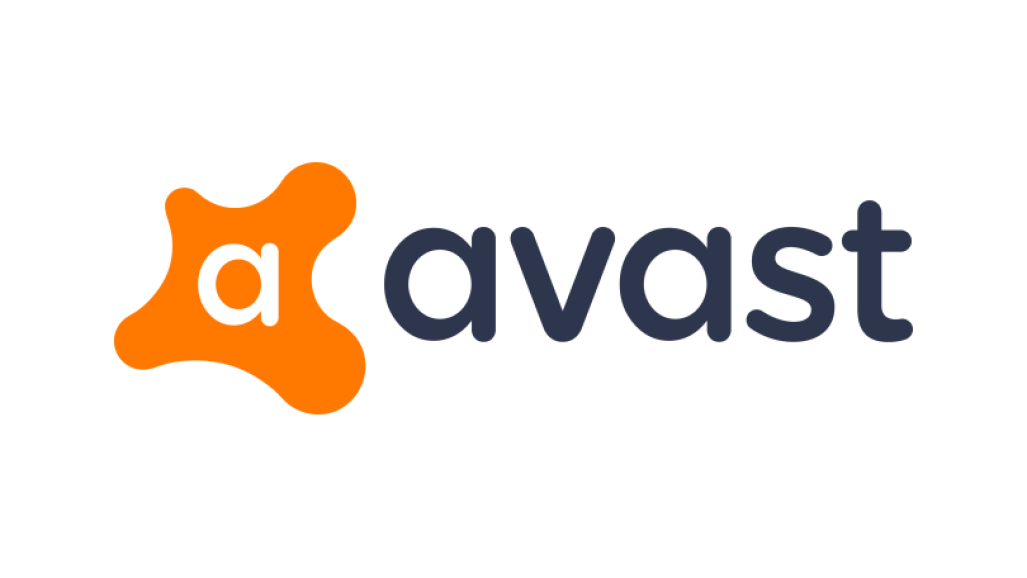Patch Cleaner 1.4.2.0
Homedev
- Last Updated:
2025-06-24 - Downloads:
1 - File size:
no data - License:
Freeware
Patch Cleaner is a powerful tool designed to clean your Windows Installer Directory and free up valuable disk space. This free software automatically detects outdated and orphaned files, allowing you to either move them to another folder or delete them from your computer.
When you install or update an application on your computer, Windows saves the installer (.msi) and patch (.msp) files in a hidden directory called "c:\Windows\Installer". Over time, these files become outdated and unnecessary, but deleting them manually can be risky. Patch Cleaner solves this problem by identifying obsolete files and providing you with the option to remove them safely.
Using Patch Cleaner is straightforward. The program scans your system for outdated files, including old patches, updates, and uninstallation files. It then presents you with a summary of the files that can be removed and the amount of disk space you can potentially reclaim.
If you want more details, Patch Cleaner offers a comprehensive breakdown of each file it recommends deleting. It also indicates which patches are still in use by your programs. Additionally, you can set filters to exclude orphaned files from the purge list.
To remove the files from your computer, simply click on the "Delete" button. If you prefer to relocate them temporarily, you can choose the "Move" option instead.
Path Cleaner utilizes Windows Management Instrumentation (WMI) to access a list of installers and patches on your system. It compares this list with the files found in your installer directory, located at 'c:\Windows\Installer'. Any files without a match are considered orphaned and can be moved or deleted at your discretion. However, it's important to note that Patch Cleaner may occasionally misidentify files, so it's recommended to create filters or move files instead of deleting them outright.
Since version 1.3, Patch Cleaner also offers a Command Line Interface (CLI) for advanced users. This allows you to trigger actions such as deleting or moving files using specific commands.
While Patch Cleaner is generally safe to use, it's always recommended to move files to another location before deleting them permanently. This ensures that no critical files are accidentally removed. Additionally, make sure you have the necessary permissions and feel comfortable allowing Patch Cleaner to scan your files before running the program.
It's worth noting that Windows Installer patch files should not be deleted manually. These files are stored in a hidden folder called 'C:\Windows\Installer\$PatchCache$' and are essential for system updates and repairs. Deleting them may cause errors when updating, uninstalling, or repairing your Windows operating system.
If you're looking for an alternative to Patch Cleaner, CCleaner is another free program that helps remove unwanted files from your computer. However, CCleaner offers additional features such as removing unwanted applications, trackers, cookies, and duplicate files. If you only need to remove .msi and .msp files, Patch Cleaner is the better choice due to its simplicity and ease of use.
In conclusion, Patch Cleaner is a valuable tool for cleaning your Windows Installer Directory and reclaiming disk space. Its user-friendly interface, comprehensive file analysis, and safe file removal options make it an essential utility for maintaining a clutter-free and efficient system.
Editorial rating:
User rating:
Your rating:
- Report update
Similar files:
- File Downloader
- THX Spatial Audio Control
- Samsung USB Driver
- NanaZip
- RX Explorer
- File Analyzer
- PCmover Professional
- DeskLock
- Document Editor For Windows 10
- Filelist Creator
- File Converter
- FileOptimizer
- Syncios
- Duplicate Sweeper
- SD Memory Card Formatter
- VP9 Video Extensions
- FastCopy
- HP QuickDrop
- WiFi QR Code Scanner
- Pichon - Free Icons
- Windows File Recovery
- ImDisk Virtual Disk Driver
- Teracopy
- Wake on LAN (Magic Packet)
- Files
- iBackupBot
- Cleaner One Pro
- SageThumbs
- Easy File Organizer
- Zip Extractor Pro - Free


Comments about Patch Cleaner